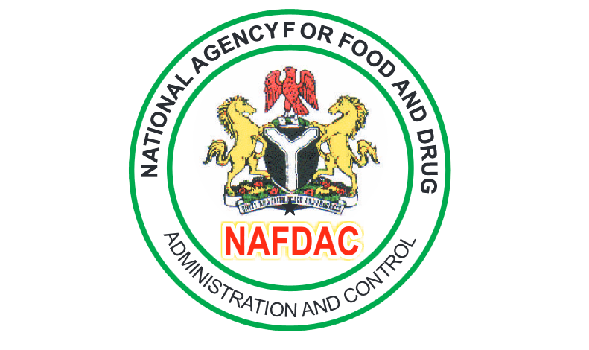News
NAFDAC clarifies sachet alcohol ban, says temporary lifting in place until December

The National Agency for Food and Drug Administration and Control (NAFDAC) has issued a formal clarification regarding the status of the ban on sachet and small-sized bottled alcohol, emphasizing that the temporary suspension of enforcement is only valid until December 31, 2025.
Speaking in Abuja on Monday, Kenneth Azikiwe, Director of the Federal Capital Territory Directorate of NAFDAC, dispelled reports suggesting a permanent reversal of the ban. He stressed that the temporary lifting was a ministerial directive intended to create a transition period for stakeholders.
“There is a ministerial lifting on the ban of sachet alcohol, but it is only temporary and will be reviewed by Dec. 31, 2025,” Azikiwe stated. “After this date, the full enforcement of the ban will commence.”
He explained that the temporary measure was introduced to provide manufacturers, regulators, and other stakeholders the necessary time to align their processes with the policy and prepare for a structured phase-out of the products.
Azikiwe also highlighted NAFDAC’s national public awareness campaign, which he said had reached all 36 states. These sensitization efforts focus not only on the health risks of sachet alcohol consumption but also on enforcing age restrictions.
READ ALSO: NAFDAC launches digital tools to tackle counterfeit drugs in North-East Nigeria
“We have engaged with distributors and retailers, underscoring the importance of not selling alcoholic products to persons under 18,” he said. “This age warning is clearly printed on product labels and must be strictly adhered to.”
The Distillers and Beverages Association of Nigeria was acknowledged for its role in supporting public education efforts, reinforcing NAFDAC’s call for responsible marketing and distribution practices.
Azikiwe reaffirmed the agency’s commitment to public health and safety, adding that after December 2025, sachet and small bottled alcohol products, particularly those under 200 millilitres, will be completely phased out from the Nigerian market.
“The ultimate goal remains the protection of vulnerable populations, especially young people, from easy access to cheap, high-alcohol content products,” he concluded.
Join the conversation
Support Ripples Nigeria, hold up solutions journalism
Balanced, fearless journalism driven by data comes at huge financial costs.
As a media platform, we hold leadership accountable and will not trade the right to press freedom and free speech for a piece of cake.
If you like what we do, and are ready to uphold solutions journalism, kindly donate to the Ripples Nigeria cause.
Your support would help to ensure that citizens and institutions continue to have free access to credible and reliable information for societal development.


























